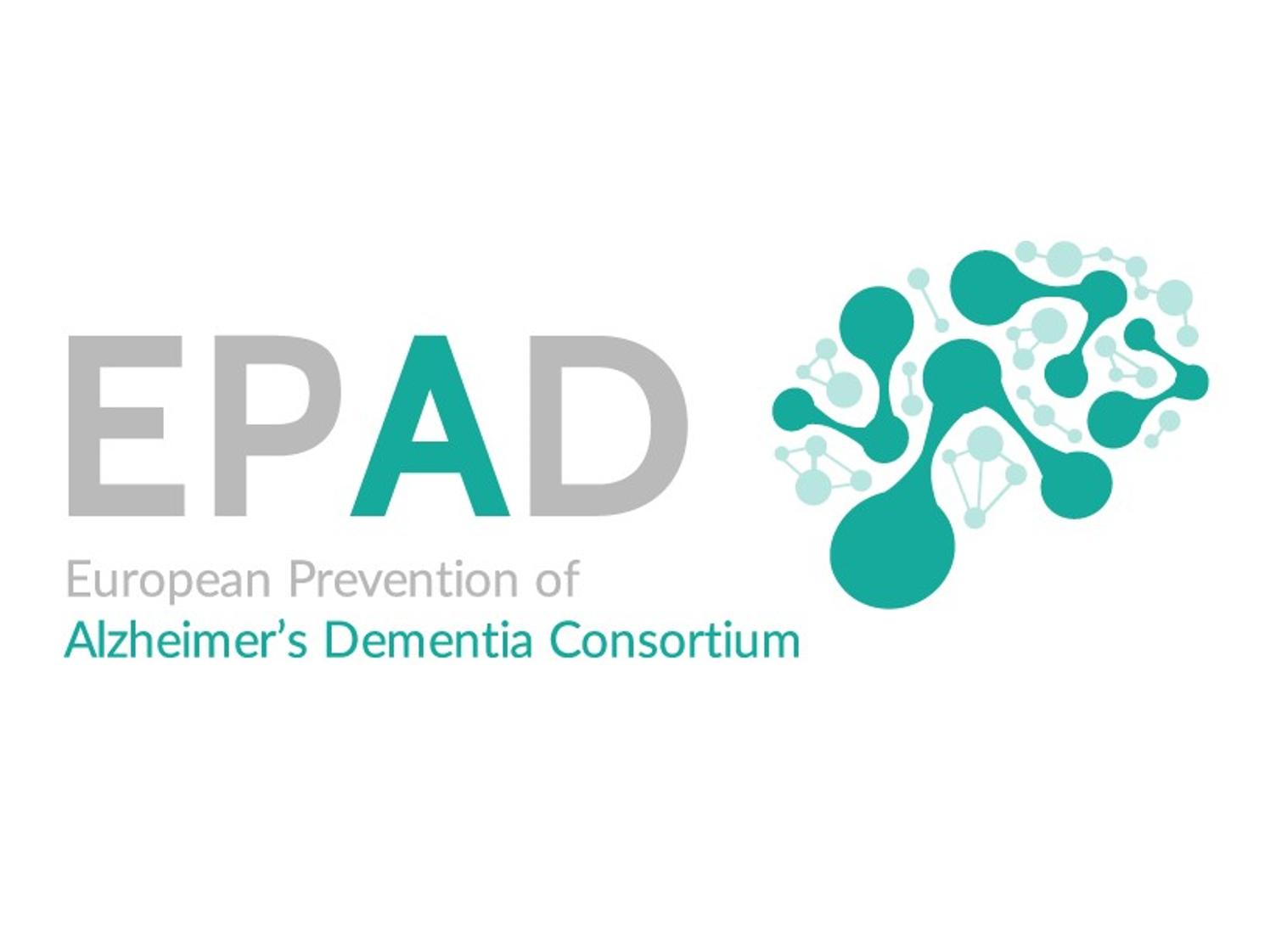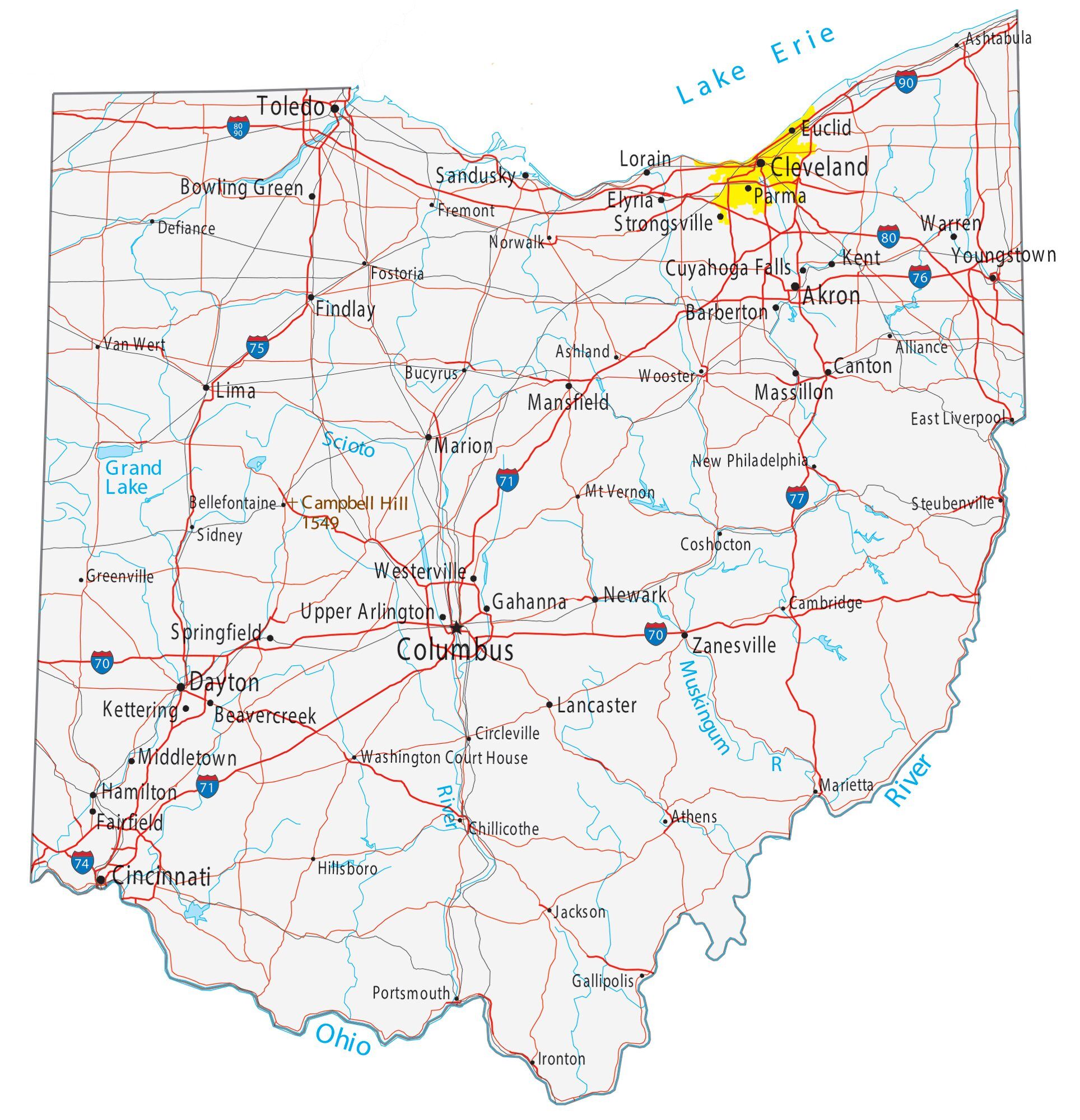Research
Research Areas
Biostatistics
Drawing upon my background in Mathematics and Statistics, my research aims to drive forward our understanding of aging and dementia. With advancements in data collection methods, gathering multi-modal data has become more accessible. Yet, challenges arise from the sheer volume and quality of data.
As the lead methodologist in the Prevent Dementia Program (UK), I provide guidance to affiliated researchers on methodological approaches. Additionally, I often engage in collaborations with researchers in the US and multiple international institutions, contributing to the development of innovative statistical methods tailored to address emerging questions in studies of older adults.
Aging in Low & Middle Income (LMIC) Countries
Adults in low- and middle-income countries (LMICs) often face more challenges in aging well compared to those in higher-income nations. Moreover, resources for supporting older adults and their families are limited in LMICs. Much of the existing research originates from affluent Western societies and may not be directly applicable to LMIC contexts. This underscores the urgent need to expand our understanding of aging and older adults in LMICs. By doing so, we can inform the development of targeted interventions and policies to benefit this underserved population.
I am honoured to collaborate with researchers based in several LMIC including, for example, Colombia, Chile, Ecuador, Ghana, India, Kenya and Uruguay.
Brain Health & Dementia Prevention
My research focuses on preventing dementia by exploring modifiable risk factors for poor brain health. While aging and family history are significant contributors to dementia risk, individuals can't directly influence them. However, lifestyle and other factors offer opportunities for risk reduction. I aim to investigate the extent to which individuals can modify these factors across different contexts and explore alternatives for those unable to make changes.
Current Studies
At present, I am spearheading two prominent data collection endeavors: the Aging in Ohio study and the EcuAging study in Ecuador. These initiatives represent collaborative ventures with colleagues at Ohio University (OU) and Ecuador, respectively. Notably, my collaboration with Dr. Angela Gutierrez from the Department of Social Medicine at OU, an expert in minority aging, entails the collection of data to facilitate research on factors intricately linked to the aging process among older Ohioans. Concurrently, in Ecuador, I am collaborating with researchers at PUCE and UTPL and with Dr M Grijalva (OU) focusing on investigating factors associated with the health of older individuals residing in rural inland areas of the country.
Current Studies
EcuAging Study
The EcuAging study aims to characterize the population of older adults living in a rural inland region of Ecuador. The 1st data wave consists of a sample of about 270 older adults living in the region. We collected sociodemographic and lifestyle data, measures of physical function and mental health, global cognition and wellbeing, chronic conditions, and activities of daily living. In addition, we collected blood samples to generate biometric data.
This study was conducted in collaboration with researchers at UTPL (Dr. Tamara Rodriguez) and PUCE ( Dr. Mario Grijalva, Ciseal and OU).
If interested in accessing the data, please email Dr Graciela Muniz-Terrera, muniz@ohio.edu
Sex Hormones & Brain Health
This study aims to improve knowledge about the relationship between sex hormones and brain health in older adults. With this aim, using funding from an Award by the Alzheimer's Association, we will analyse samples and data already collected as part of the European Prevention of Alzheimer’s Dementia Longitudinal Cohort Study (EPAD LCS) to test for associations between steroid hormones and brain health, as well as the mediating effect of allostatic load.
This project is in collaboration with Dr Sarah Gregory from Edinburgh Dementia Prevention of the University of Edinburgh.
Aging in Ohio
Please see Aging in Ohio Study Page
The Aging in Ohio study aims to generate evidence about the population of adults living in Ohio. Recruitment of participants will start later in 2024 (June 2024). If you are interested in participating, please reach out to us by sending an email to ctru@ohio.edu or calling (740) 566-9873. Alternatively, please email Dr Graciela Muniz-Terrera, email: muniz@ohio.edu.






